The Basque people have always fascinated historians and linguists. Over the centuries, the Basques were the subject of the strangest theories about their origin and their language. It is true that the Basques were a very isolated people for a long time but that does not mean that they have not mixed with other peoples or that their language has not been influenced by other languages. The latest theories about the origin of the Basques indicate that their ancestors would have been a group of farmers who migrated from other parts of Europe and who mixed with the hunters who already inhabited that area. Later, the people resulting from this mixture between farmers and hunters isolated themselves from their neighbors for centuries, which generated a genetic heritage different from the other peoples of the Iberian Peninsula. This isolation also originated a language that does not have the same origin as the languages of the neighboring peoples, the Basque language, or Euskara.
The origins of the Basque People
Some specialists have insisted that the Basques are the oldest inhabitants of the European continent and their language, the oldest. And that they descend directly from the Cro-Magnons. It has also been said of them that they come from the Urals, that they are the last Iberians, or even descendants of the Atlanteans. And they have always been portrayed as independent and resistant to invaders. The prehistoric presence of the Basques in the territory they now occupy and their resistance to all the invaders is, however, impossible to sustain from a historical point of view. There is no evidence of the presence of Euskera in the region until the third century, when it is assumed that immigrants from Aquitaine or the Pyrenees bring the Basque language to what is now Euskadi. Before them, the Indo-Europeans lived there, to whom they owe their names, for example, the rivers Nervión and Deba.
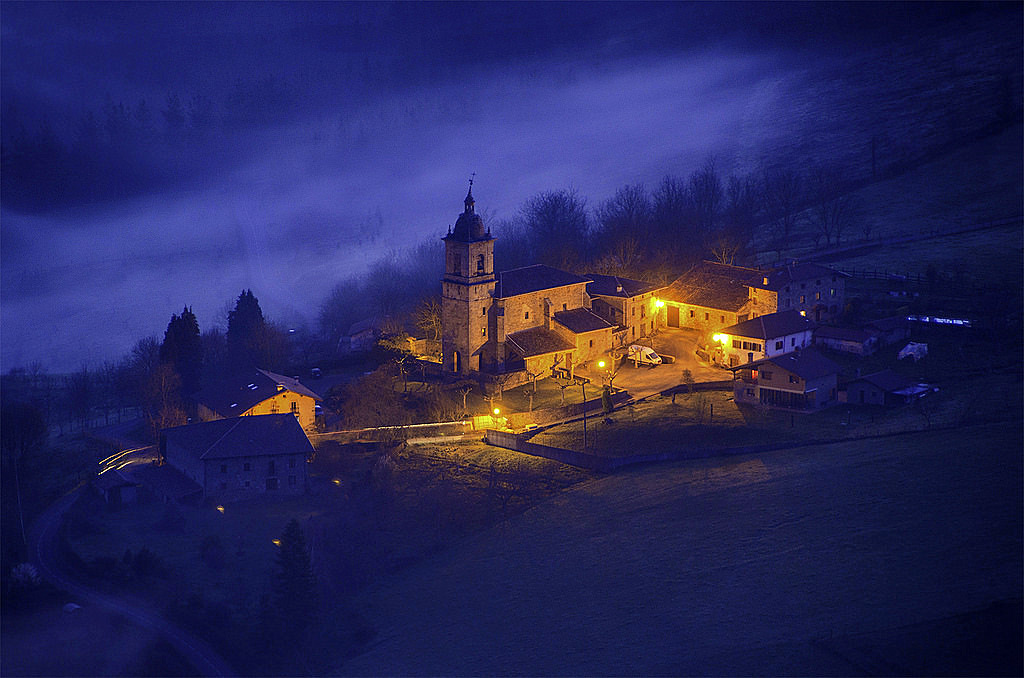
Around the change of era, Rome conquered the Cantabrian cornice to guarantee the supply by sea of the troops destined to the north of the continent and to create commercial routes. The indigenous people who lived in what is now the Basque Country offered resistance, although less than their Asturian and Cantabrian neighbors. The Empire occupied the coast and founded the ports of Irún, San Sebastián, Zarautz, Lekeitio, Bermeo and Bilbao, among other locations.
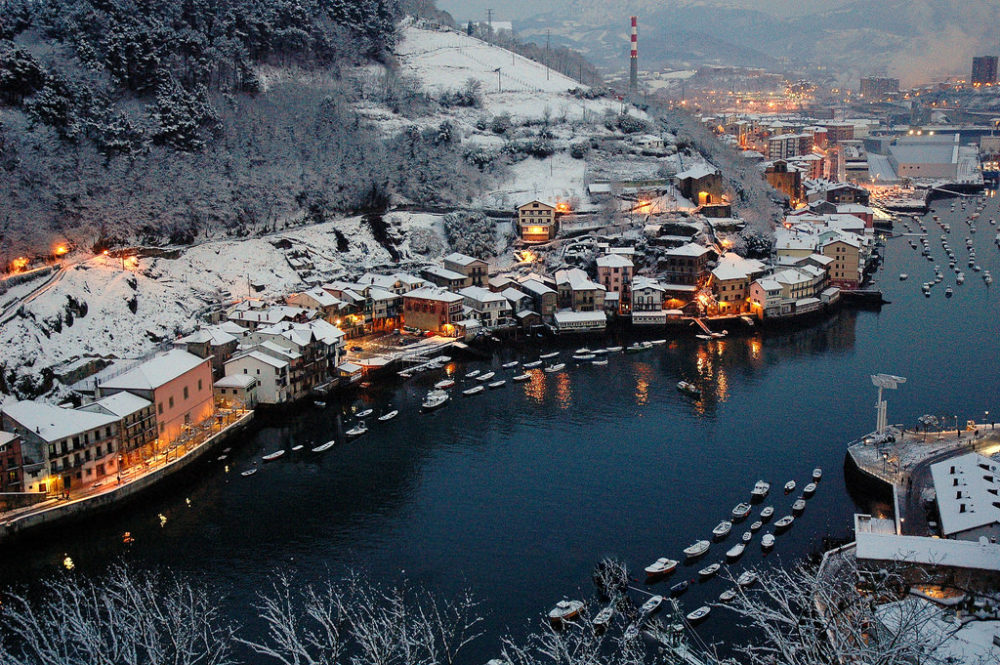
The origin of the Basques is the same as that of the rest of Europeans, against what was sustained by some authors of the 20th century. This has been confirmed by genetics, which is still trying to elucidate the extent to which Europeans descend from Cro-Magnons and Neolithic populations. In this new scenario, the biological peculiarities of the Basques – including the negative Rh – would not sink their roots in a different origin from their neighbors, but in environmental and pathogenic factors. Thus, an analysis of the DNA of 300 individuals from 10 Spanish regions shows that the Basques do not differ genetically from the other peninsular populations.
History of the Basque People
The Romans remained in the Basque Country until the fall of the empire, although their presence was not massive. After the disappearance of the Romans, it was the Basques who dominated the territory, although in permanent conflict with peoples from Europe. The Kingdom of Navarre was created to face the expansion of Franks and Muslims. This kingdom extended from the Pyrenees to the south of the Basque Country and included the current continental Navarra (Nafarroa Beherea).
Apart from the endless political and military battles, the Middle Ages was a time rich in events in the Basque Country. After the French Revolution (1789), the provinces were abolished and replaced by departments (90 in total). Since then, the three provinces that historically made up the Northern Basque Country (Lapurdi, Nafarroa Beherea and Zuberoa) are part together with the Bearne of department number 64. Throughout the 19th century the Carlist Wars took place in the Basque Country. After the Carlist Wars succeeded the monarchy, the Republic and the Civil War. In 1981 the Basque Government was created, after approving Araba, Bizkaia and Gipuzkoa the Statute of Autonomy of Gernika. Nafarroa has its own government and parliament.
Origins of the Basque Language
Most of the languages spoken in Europe are of Indo-European origin, ie a family composed of several hundred languages and dialects, which includes the main languages of Europe, Iran and northern India, in addition to the predominant languages in Turkey and in Central Asia. Basque (or as it is called in the Basque Country, Euskara) spoken in northern Spain and southern France does not belong to Indo-European languages and so is one of those cases with unknown origin and holding open debate. As is often the case, politics has some influence on language. However, the case of the Basque Country has a different political connotation than that of Catalan in relation to Spanish.
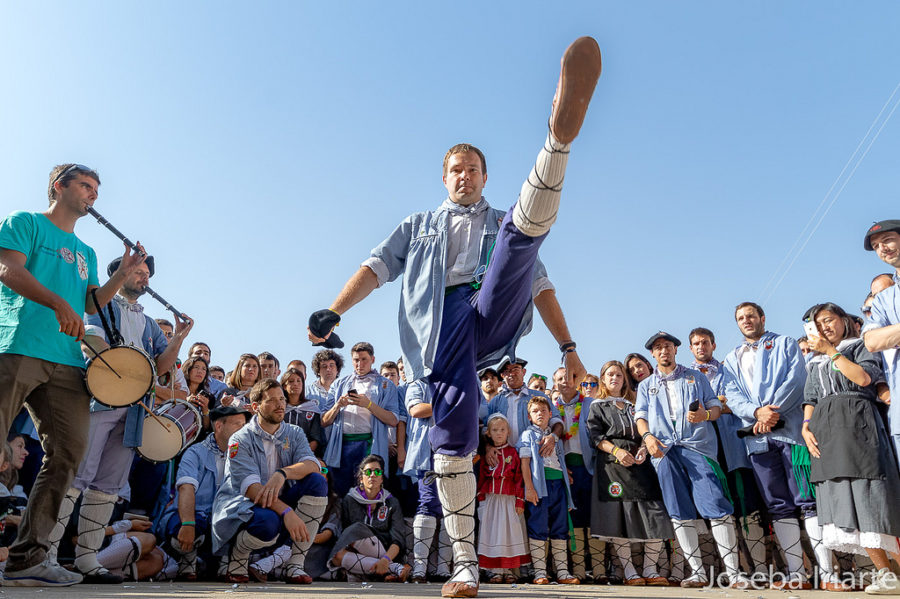
The origin of the language has an undeniable importance in giving roots to all peoples, and of course, Euskara (name of the Basque language in Basque). The presence of a language that has no kinship with the neighbors increases the interest and led to a wide linguistic historiography. One of the accepted concepts is that Basque language has an origin previous to the arrival of the Romans to the Iberian Peninsula and at some point was surrounded by language with a greater degree of kinship, which did not survive the linguistic influence brought about by the Roman Empire.

Many scholars point to traces of kinship between the Basque language and Uralic languages (spoken around the Ural Mountains in Russia, where there is the psychological border between Europe and Asia). But not only the origin of language gives us information. It should be noted that, like the Basque language, social differentiation had a great influence. Thus, traditionally rural areas were dominated by Basque speakers while in urban centers their elites used the Castilian.
Questions about the Basque People
Is Catalan the same as Basque?
No. The Basque language and the Catalan language are very different and have different origins. The Catalan Language is a typically Latin language with a structure and phonetics that can be located somewhere between Spanish and French. The Basque language does not belong to the Indo-European family of languages. Its origin has not yet been fully understood, although there are several theories, some more accepted than others: origin in North Africa, origin in the Ural mountains, origin in the Caucasus or endogenous origin. The Basques and the Catalans, despite their cultural and linguistic differences, do not have remarkable genetic differences.
What blood type are the Basques?
Basques have the highest concentration of type O in the world-more than 50 percent of the population-with an even higher percentage in remote areas where the language is best preserved, such as Soule. Most of the rest are type A. Type B is extremely rare among Basques. With the finding that Irish, Scots, Corsicans, and Cretans also have an unusually high incidence of type O, speculation ran wild that these peoples were somehow related to Basques. But then, in 1937, came the discovery of the rhesus factor, more commonly known as Rh positive or Rh negative.
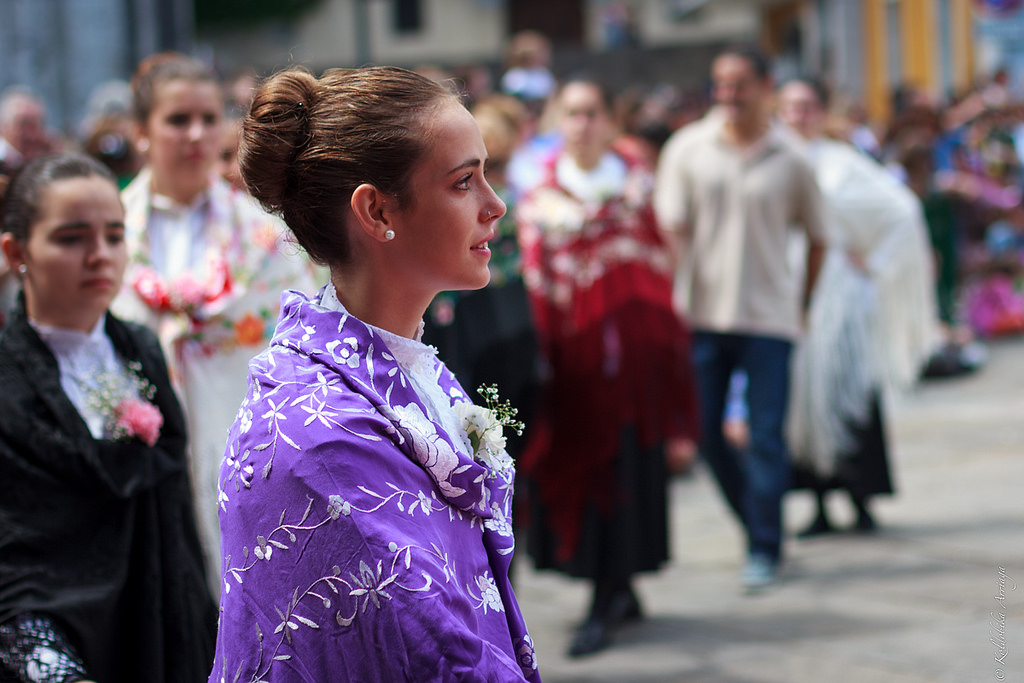
Basques were found to have the highest incidence of Rh negative blood of any people in the world, significantly higher than the rest of Europe, even significantly higher than neighboring regions of France and Spain. Cro-Magnon theorists point out that other places known to have been occupied by Cro-Magnon man, such as the Atlas Mountains of Morocco and the Canary Islands, also have been found to have a high incidence of Rh negative.
Are Basques Neanderthals?
No, the Basques are not Neanderthals. The physical, genetic, linguistic and blood-type differences between the Basque people and their neighbors are explained in another way: the Basques have remained almost always relatively isolated from the various peoples who have invaded the Iberian peninsula over the centuries. Thus, it is more difficult to find genetic traces of the Arabs in the Basque population, for example. As for genetic traces of the Neanderthals, we all have, since the crossing between our ancestors and the Neanderthals was common. However, there is nothing to suggest that the Basque people possess more genetic heritage of the Neanderthals than the other European peoples.
What language is Basque most similar to?
You may be surprised to learn that the language most similar to Basque is … the Portuguese language. However, the Basque is also very similar to the Spanish, Catalan and Italian language. The explanation for these similarities is evident: however isolated the Basque language may have been for several centuries, it began to receive words from other languages more and more frequently as contact between the different populations of the region evolved. However, as has been said, the Basque language has a completely different origin from the other languages of the Iberian peninsula, which does not mean that there are not many similar words among the different languages.
Which are the basque people physical characteristics?
Generally, they have 2 eyes, 2 ears, 1 nose and 1 mouth. Now to be serious … they look like the vast majority of people on the Iberian peninsula and the south of France. Even so, as they have suffered little or no influence from Muslim invaders, their skin, eyes and hair are generally lighter than those of neighboring countries. This last statement is only valid if we are talking about a “pure Basque”, which is increasingly difficult to find since crossings with other peoples have increased greatly in recent decades.
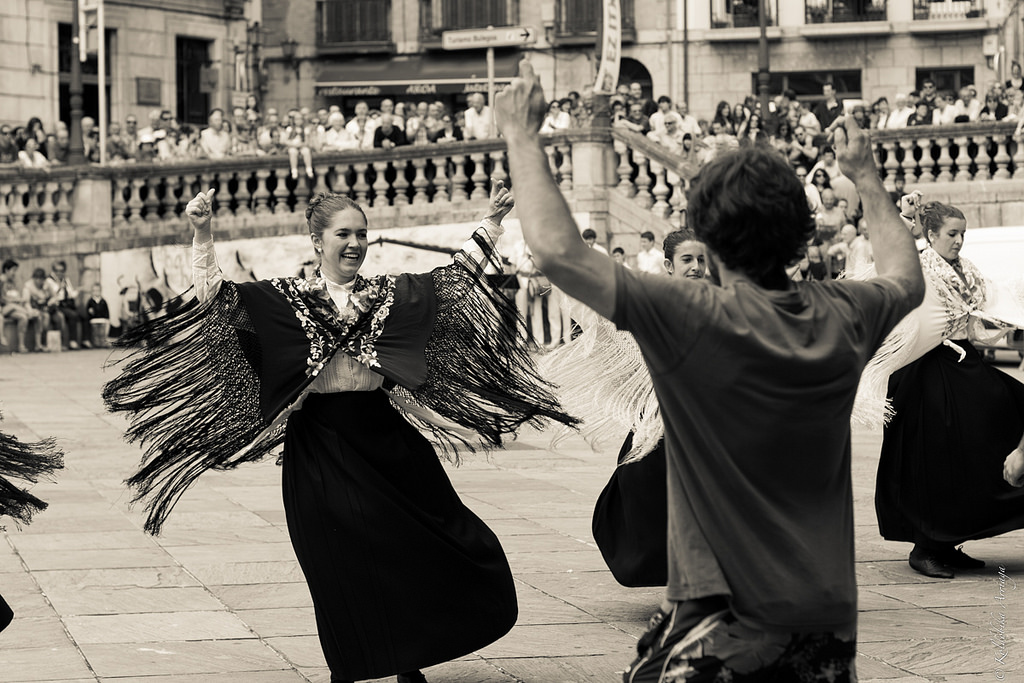

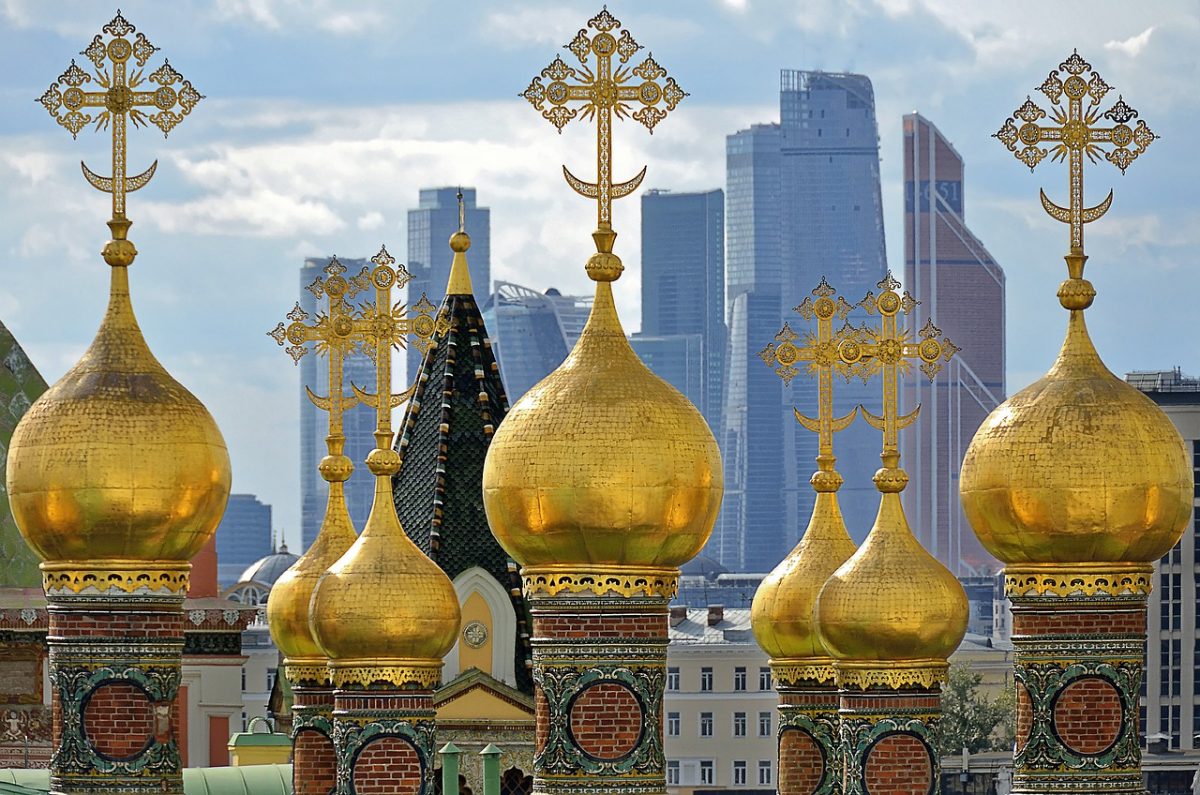

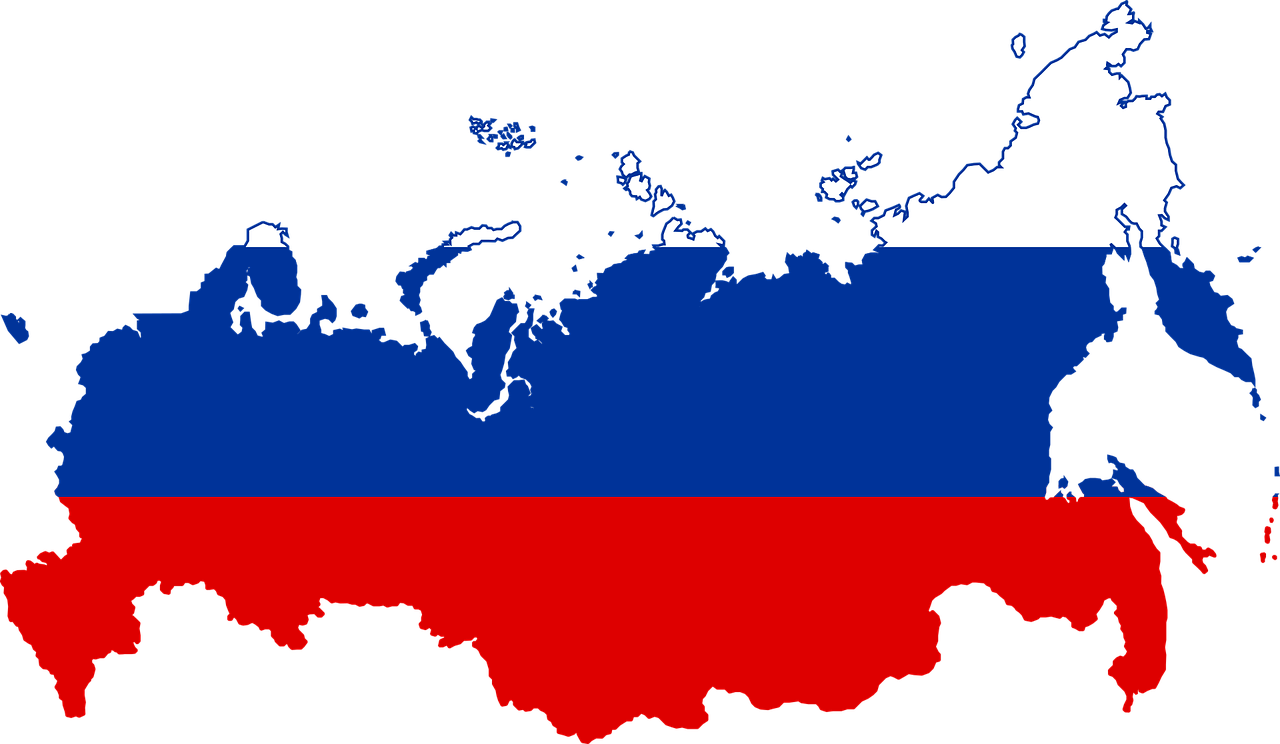
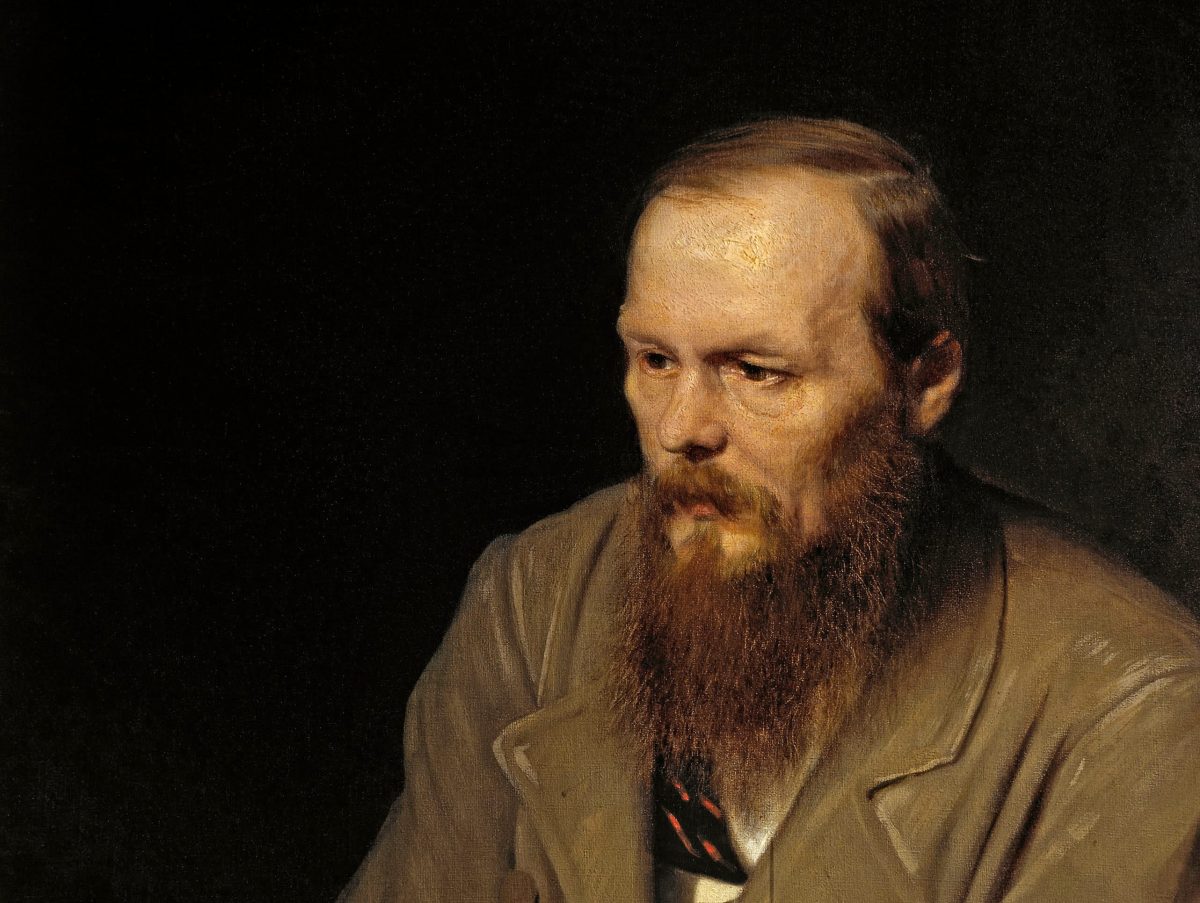

i was wondering about my blood type i am rh nagtive a i know it is rare in my country which is usa i am not sure which of my parents carried this blood type but i do know a lot of native americans have that blood type here most of my brothers and sisters had it i have been trying to prove who i am but the natives turn me down they don’t know my blood type should i give them a blood test my brother had a dna test and they told him it came out 100% european so who are we can you help me thank you theresa stanwood